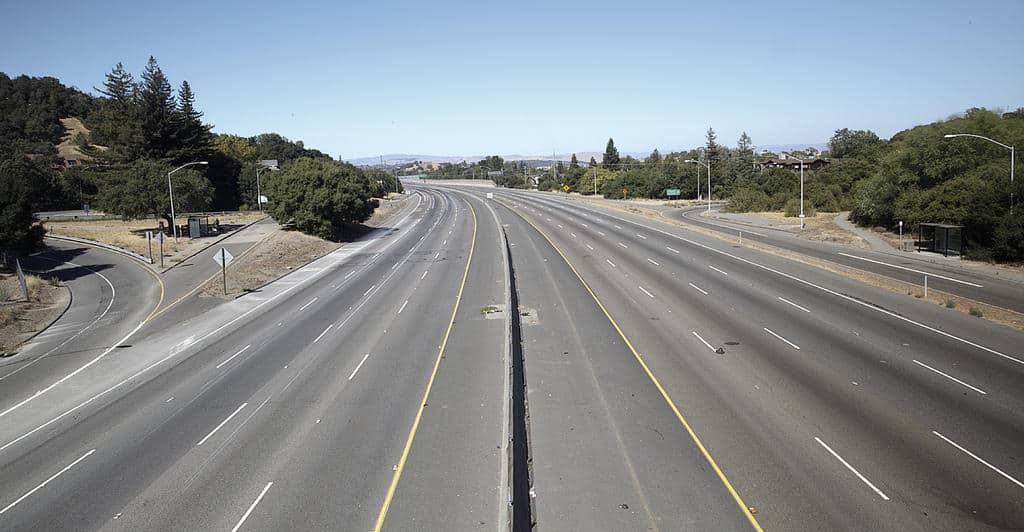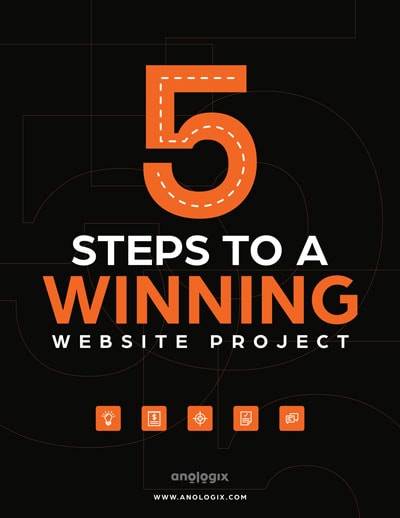
No Traffic on Your Website? Here's Why

You just built a beautiful website for your business, and you're hoping it'll bring in a lot of traffic. Because what's the point of having a website if no one is looking at it? Well, if you're not having the income of traffic that you were expecting, there might be some simple solutions to your problem. In this article, we'll go over some of the potential issues that contribute to low traffic.
1. Not enough high-quality content
Just because an article has a high word count does not necessarily mean that it has high-quality content. However, the two do go together because the word count of a high-ranking page can serve as the benchmark for how much information you need for other keyword topics. A 200-word page can't really be expected to outrank a 2,000-word page. This is because the 2,000-word page will have more topics and subtopics, creating a more comprehensive solution to a search query.
Search engines rank pages by how well they satisfy the search intent and expect certain inclusions on a page when ranking a site for a specific search query. For example, if the search query is "best computer monitor to buy," the pages that would best be able to answer that question would have a few of the top brands listed, like Asus, Dell, Acer, etc. The pages would also be expected to cover multiple subtopics such as screen size, resolution, weight, brightness, etc.
If a page only has one title and is only talking about one specific laptop, it would be clear that it is solely promotional or it is very lacking in the information department to adequately answer the search query. These types of pages do not rank very well based on their content.
Take some time to search for your keywords and research the content that ranks along with the related questions that are posed. By doing this, you can assess whether you need to improve on the level of detail on your pages.
2. Weak on-site optimization
One of the most important things to focus on is on-site optimization. You'll want to make sure the most important pages on your website are easy to locate by visitors and search engines. On-site optimization is determined by the volume of content supporting the keyword topic you are optimizing, your interlinking strategy, and page hierarchy. Double-check these items to see how your site has been optimized.
Important pages should be easy to locate, so links to them should be near the top of your homepage. This can be accomplished by including these pages in your site's navigation bar. Because every page on your website will be linking back to these pages in the navigation bar, both visitors and search engines will know that these are the most important pages on your website.
Interlinking is also essential when it comes to pointing to the important pages on your site. By using varied anchored text in pages and posts, you can link back to the pages of most importance.
3. Poor backlink profile
Do you know what your backlink profile looks like? You'll want to know who has linked back to your site and what links you've acquired. One of the biggest ranking factors that determine your placement in search results is your link profile.
Each keyword has a different level of competition, which means there is no set number of backlinks that a site needs to rank for a specific keyword. However, there are other factors that play into your ranking, so you need a good combination of these elements to get your website moved up in the search engine results.
Adding more domain authority is one way to help your website move up in the rankings. Domain authority is a search engine ranking score ranging from 1 to 100 that predicts how well a website will rank on search engine result pages. If your site has a low score, you will need to add more backlinks from relevant websites to get things moving.
4. Not mobile-friendly
In today's world, most people are spending more and more time on their phones, leading to more websites becoming responsive or mobile-friendly. Did you know that the mobile version of your website is now the first one that is indexed? This is because more people are performing searches from their phones and tablets.
The desktop version of a website is a pain to look at and navigate through on a mobile device, so if your website is not mobile-friendly, this could be something that is driving your traffic away. Without a responsive website, you will ultimately suffer in search visibility. Responsive websites are necessary to resize images and text boxes to make the delivery of your content seamless on any device.
5. Slow loading speed
User experience plays a big part in your search engine ranking, and one of the factors that matter most is page speed. If your pages take a long time to load, it's giving the user a poor experience, and they are likely to turn elsewhere to find the information or products they need.
By minimizing CSS and JavaScript, caching, and reducing images sizes, you can significantly improve your page speed. While this may seem a little involved, there are tools out there that can help you.
Conclusion
Building a website is something that takes a lot of time and can be so rewarding. By taking the time to look at the things that can help with search visibility, you'll be able to bring more visitors to your site. If you need help bringing traffic to your current website or are looking into developing a website for your business for the first time, we'd be happy to help. AnoLogix is an expert in the industry, and we'll make sure your website is designed to generate the traffic and leads you need to grow your business.
FREE Guide
Get 5 Steps to a Winning Website e-Book
